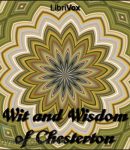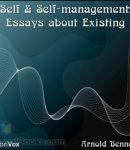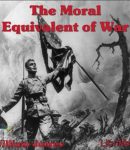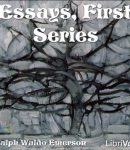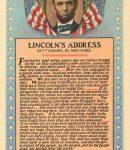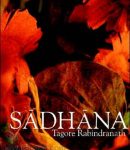Religio Medici (The Religion of a Doctor) sets out Sir Thomas Browne’s spiritual testament as well as being an early psychological self-portrait. In its day, the book was a European best-seller. It was published in 1643 by the newly-qualified physician, and its unorthodox views placed it swiftly upon the Papal Index Librorum Prohibitorum in 1645. Although predominantly concerned with Christian faith, the Religio also meanders into digressions upon alchemy, hermetic philosophy, astrology, and physiognomy. Hydriotaphia, Urn Burial, or a Discourse of the Sepulchral Urns lately found in Norfolk, was published in 1658. Its nominal subject was the discovery of a Roman urn burial in Norfolk. The discovery of these remains prompts Browne to deliver, first, a careful description of the antiquities found, and then a careful survey of most of the burial and funerary customs, ancient and current, of which his era was aware. The most famous part of the work, though, is the fifth chapter, where Browne quite explicitly turns to discuss man’s struggles with mortality, and the uncertainty of his fate and fame in this world and the next, to produce an extended funerary meditation tinged with melancholia. The changes wrought by time and eternity, the fleetingness of mortal fame, and our feeble attempts to cope with the certainty of death are Browne’s subjects. Yet, at the same time, Browne can be tersely witty, mocking human vainglory. A piece of exquisite baroque prose that George Saintsbury called “the longest piece, perhaps, of absolutely sublime rhetoric to be found […]
